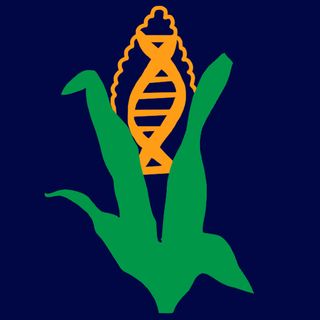A new study from Cambridge University’s Autism Research Centre has found women with polycystic ovary syndrome (PCOS) are slightly more likely to have an autistic child than women without the hormonal and reproductive condition.
PCOS affects approximately one in every four to five Indian, and is characterized by elevated levels of testosterone, irregular menstrual cycles, excess bodily hair, and more. Autism, a neurodevelopmental disorder, usually affects only 1% of the population, which means “most women with PCOS won’t have a child with autism, but we want to be transparent with this new information,” says Dr Carrie Allison who co-supervised the study published in the journal Nature.
After studying national data from the UK of nearly 50,000 women, the researchers found women with PCOS had a 2.3% change of having a child with autism; for women without PCOS the chance was 1.7% — a difference Allison calls “statistically significant” but still slim.
In 2015, the team conducted research that found links between high levels of ‘sex steroid’ hormones , including testosterone, and autism, which they say might explain why more boys are diagnosed with autism, as well as why women with PCOS may be slightly more prone to having children with autism. From their current finding, researchers speculate that mothers with PCOS have higher levels of testosterone, which may cross the placenta during pregnancy, thus exposing the fetus to a higher than normal level of testosterone and affecting brain development.
“This is an important piece of new evidence for the theory that autism is not only caused by genes but also by prenatal sex steroid hormones such as testosterone,” says Adriana Cherskov, the Master’s student who analyzed the data.
Using the same data, researchers also found that women who were autistic were also more likely to have PCOS, and women with PCOS were more likely to fall on the autism spectrum themselves, further suggesting a link between the two conditions. However, the team stresses that PCOS does not necessarily cause autism; currently, parallel research has built strong evidence of a genetic root to autism, which many factors, including testosterone levels, may influence, or be evidence of.
Whether the findings make our understanding of autism (and, for that matter, PCOS) clearer or more murky, they are significant enough that “we need to think about the practical steps we can put in place to support women with PCOS as they go through their pregnancies,” Allison says.




